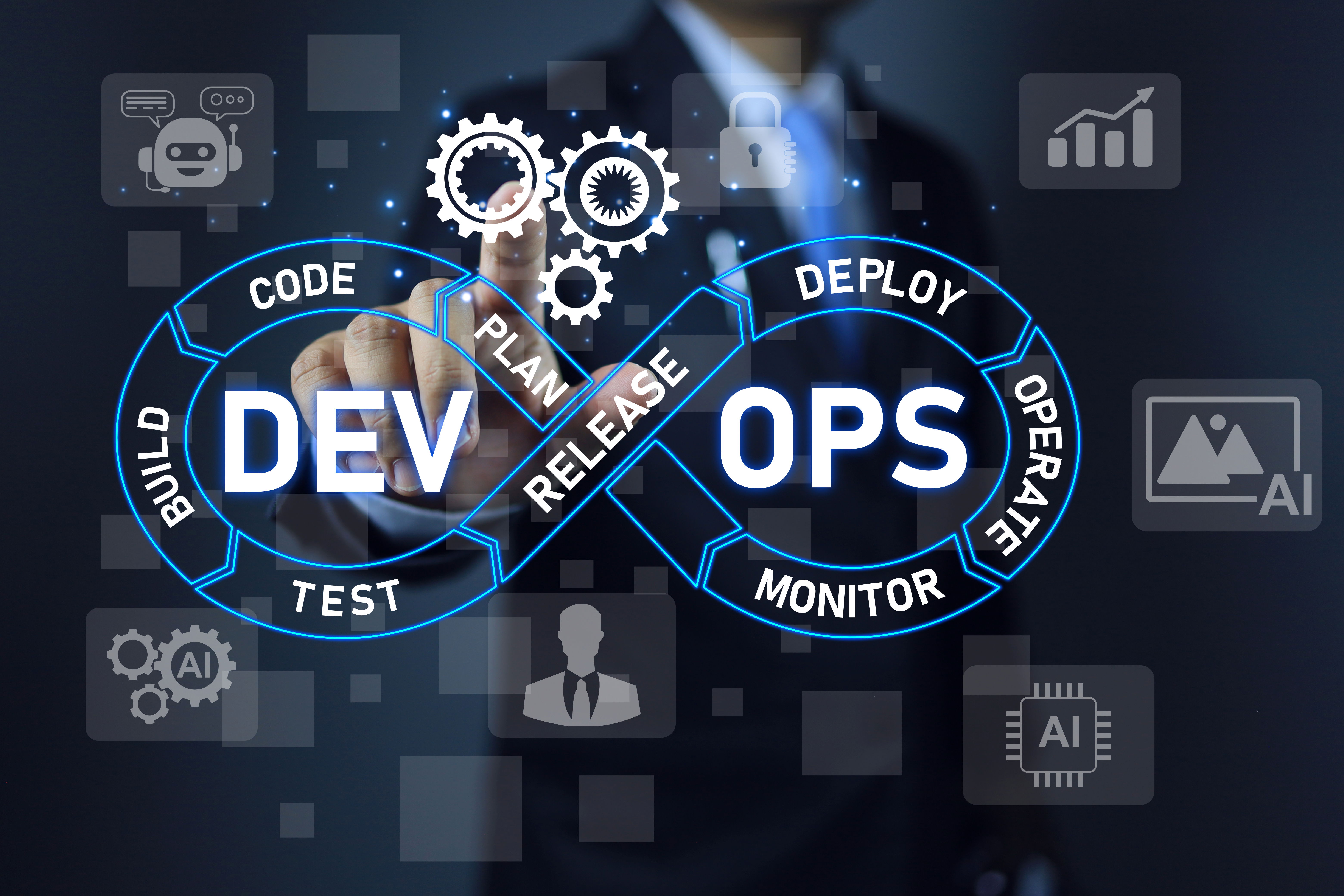Why Businesses Need DevOps Support for Growth & Scalability ?

In today’s fast-paced digital world, businesses—whether startups or large enterprises—must adopt DevOps to improve software development, deployment, and maintenance. DevOps bridges the gap between development and operations, ensuring faster releases, higher efficiency, and seamless integration. From automation to continuous integration and delivery (CI/CD), DevOps helps businesses scale efficiently and remain competitive.

Importance of DevOps for Businesses
- Faster Development & Deployment – Reduces software release cycles.
- Improved Collaboration – Aligns development and operations teams.
- Cost Optimization – Reduces infrastructure costs with cloud integration.
- Enhanced Security – Implements DevSecOps for better security practices.
- Higher Scalability – Adapts quickly to market demands.
Benefits of Adopting DevOps
1. Business Scalability
- Automated deployments ensure quick feature releases.
- Cloud-based DevOps platforms enable businesses to handle traffic spikes efficiently.
- Microservices architecture allows businesses to scale components individually.
2. Cost Efficiency & ROI
- Infrastructure as Code (IaC) eliminates manual setup, reducing operational costs.
- Cloud-based DevOps reduces hardware costs by utilizing pay-as-you-go models.
- Automated Testing reduces QA time and improves product stability.
3. Industries Benefiting from DevOps
| Industry | How DevOps Helps |
|---|---|
| E-Commerce | Faster feature updates, seamless customer experience. |
| Finance & Banking | Secure transactions, regulatory compliance. |
| Healthcare | Continuous deployment of patient management systems. |
| Gaming | Scalable infrastructure to handle millions of users. |
| Enterprise SaaS | Reliable and secure cloud applications. |
Time & Financial Costs
| DevOps Implementation Type | Estimated Time | Cost Estimate |
| Basic DevOps Setup | 4-6 weeks | $5,000 - $15,000 |
| Advanced CI/CD Pipelines | 8-12 weeks | $20,000 - $50,000 |
| Full Cloud-Based DevOps | 3-6 months | $50,000 - $150,000 |
Latest Trends in DevOps
- AI & Machine Learning in DevOps – AI-driven automation for faster problem detection.
- Serverless Computing – Reduces infrastructure management efforts.
- DevSecOps – Integrating security at every stage of development.
- Kubernetes & Containerization – Scalable, lightweight, and portable applications.
- GitOps for Automation – Simplifying deployment workflows.
How DevOps Impacts Business Growth
- Faster Time-to-Market – Shorter development cycles increase competitiveness.
- Enhanced Customer Satisfaction – Continuous updates improve user experience.
- Reduced Downtime – Proactive monitoring minimizes system failures.
- Agile Business Operations – Faster response to market changes.
- Efficient Resource Utilization – Automating tasks reduces workload and improves efficiency.
Conclusion
DevOps is a must-have strategy for businesses looking to enhance efficiency, cut costs, and deliver high-quality software products. Whether it’s faster deployments, enhanced security, or cloud scalability, DevOps provides a competitive edge that drives business growth.Looking to implement DevOps in your business? Contact us for expert guidance and a seamless transformation!